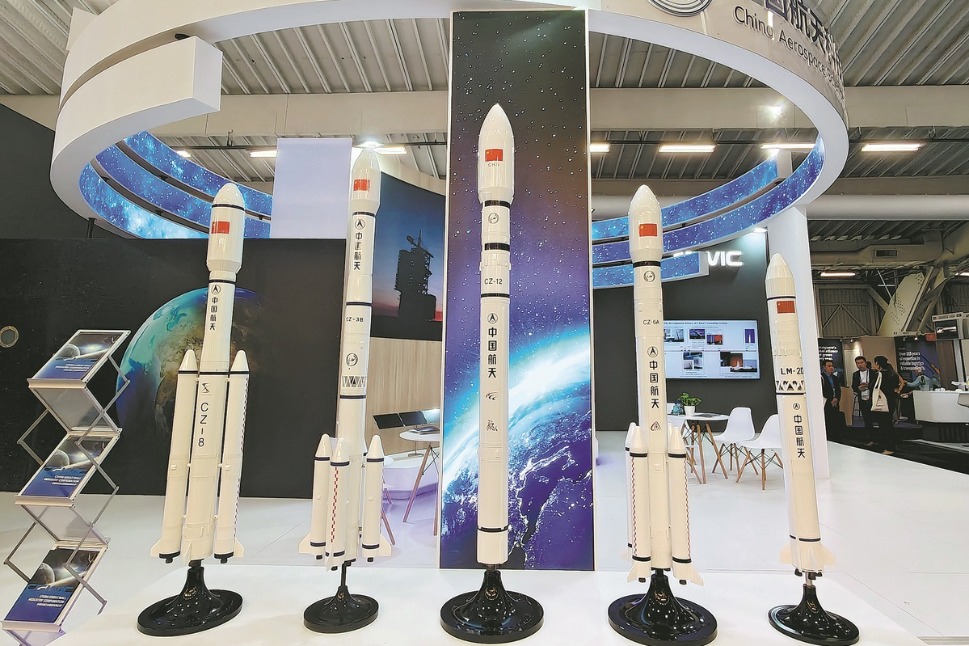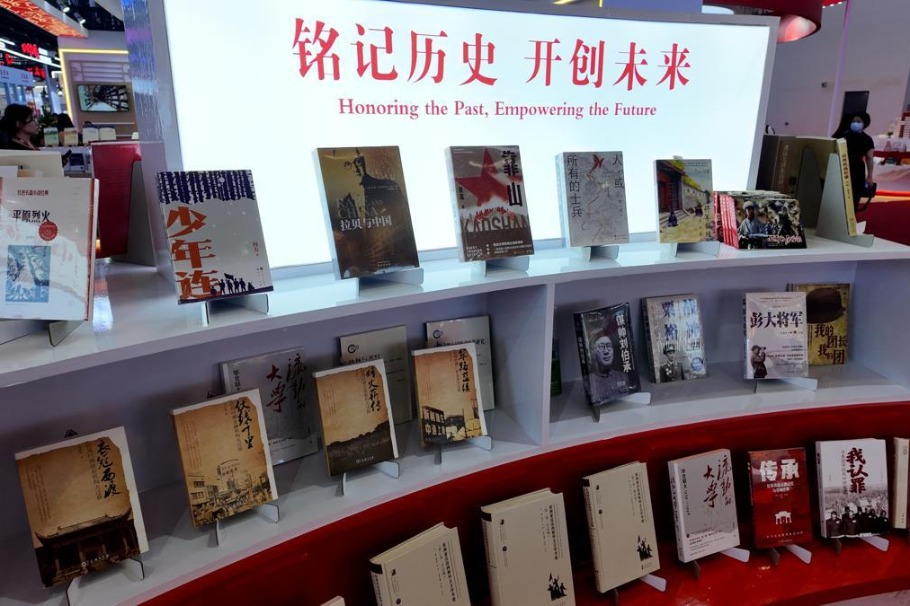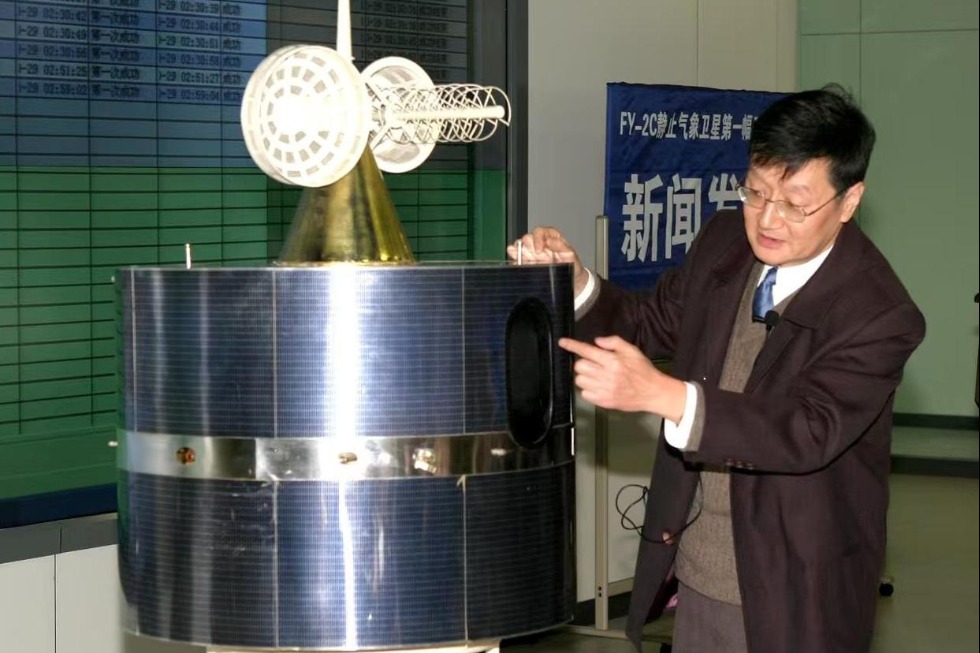Chinese scientist wins top prize in meteorology

The World Meteorological Organization announced on Thursday Swiss time that it has decided to award the International Meteorological Organization Prize to Chinese meteorologist Xu Jianmin for his contributions in the meteorological satellite construction.
This decision means that Academician Xu Jianmin of the Chinese Academy of Engineering has become the sole recipient of the award globally this year, and also the fourth Chinese scientist to receive this highest international meteorological honor.
China Meteorological Administration shared the information on its website, showing that the prize is presented annually to individuals who have made outstanding contributions in the fields of meteorology, hydrology, and geophysical sciences. It stands as the equivalent of the Nobel Prize within the meteorological community.
The decision was made by the organization's Executive Council during its annual session in Geneva, Switzerland, and Xu is scheduled to collect the prize at the 2026 Executive Council meeting.
Born in Shanghai in 1944, Xu has worked for the meteorological sector for decades. He has been an academician at the Chinese Academy of Engineering since 1997.
As one of the founders of China's meteorological satellite system construction and a leader in satellite data application and services, Xu put forward the general plan for the development of Chinese Fengyun meteorological satellites in the early stage of their development.
He spearheaded the design and construction of the ground system segment and led the advancements in core technologies crucial for the successful launch and application of China's first polar-orbiting satellites — the FY-1 series — and the first geostationary satellites — the FY-2 series. Since the FY-2C satellite was put into operation in 2005, the series has achieved a system-wide success rate of over 99.5 percent.
Guided by the overall design concept of Xu, the FY polar-orbiting satellite program was upgraded from the first generation of FY-1 series to the second generation of FY-3 series, which improved its capability in quantitative application.
Now, the data observed by FY-3 series has been used in most global numerical weather prediction models, contributing to the improvement of global weather forecasting accuracy in these services. In addition, FY geostationary satellites can provide frequent observations of West Asia, East Africa and the Indian Ocean, and have been able to fill the gap in the operational geostationary satellites observation network in the Indian Ocean.
The FY satellites have been activated 18 times and served as on-duty satellites for global extreme meteorological or environmental events under the guidance of the Emergency Support Mechanism for International Users of Fengyun Meteorological Satellites in Disaster Prevention and Mitigation released by China Meteorological Administration in 2018.
Three other Chinese scientist bestowed with the honor are Ye Duzheng, Qin Dahe, and Zeng Qingcun.
- Chinese scientist wins top prize in meteorology
- Unmanned vehicle logistics impresses American client
- Mood wall lets commuters tap feelings in Changsha
- 98-year-old veteran Li Qing recalls wartime sacrifices
- Youth exchanges bridge US-China understanding in Hainan
- China advances TCM-Western medicine integration in treating complex diseases




































